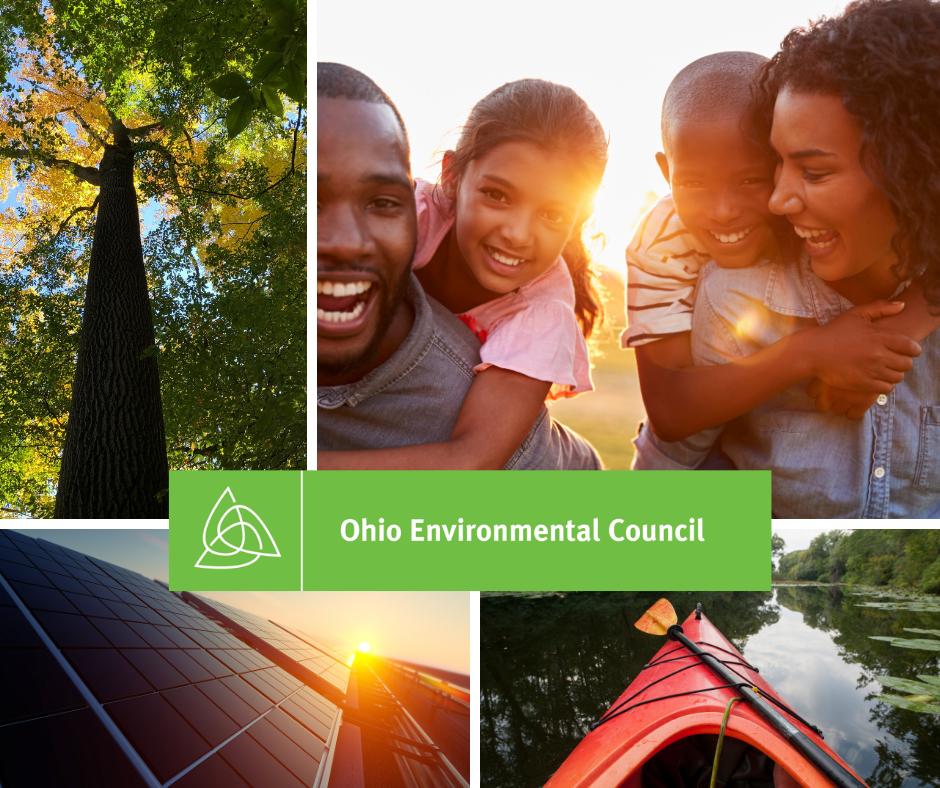Tagged In: Air Pollution, Environmental Health, Fossil Fuels, Fracking, Mining & Drilling, Parks & Forests
Melanie Houston, Managing Director of Water Policy & Chief of Organizational Planning, August 10, 2017
Yesterday the US EPA officially closed the comment period on two proposals to stay critical methane emission standards– standards which would have protected tens of thousands of Ohioans.The EPA finalized these standards in 2016 to reduce methane pollution released from new oil and gas facilities. The agency’s new director, Scott Pruitt, wants to delay the rules for two years despite the fact that it may make more children sick.
Americans and Ohioans do not support staying these standards. In fact, since the opening of the comment period, 375,000 comments have been submitted to US EPA in opposition to the delays. An additional 150 groups including the Ohio Nurses Association and the Ohio Sustainable Business Council have formally opposed the delay. At the EPA hearing on July 10, 116 people testified in support of the rule as it stands while only 2 spoke in favor of a delay. It’s not surprising that the only people, aside from Scott Pruitt, who support staying the methane standards are big oil and gas interests.
Three million Ohioans live within a half mile of an oil and gas facility, and an estimated 20,000 Ohioans live near new and updated oil and gas wells. Many Ohioans who live near the newest wave of shale gas development are experiencing health problems and significant changes to their way of life.
Terri Schumacher is one of those Ohioans. She has experienced breathing problems, headaches and rashes since new oil and gas development began near her home two years ago. Terri was motivated to travel to Washington D.C. in July to share her story and testify in opposition to the methane rule stays.
In a recent interview with the Public News Service, Terri speaks to the feelings of many Ohioans who live near oil and gas development. “I have never been against the industry; I have always been supportive of it,” she said. “I do think we need safety measures that are enacted. We have those; we just need to have them implemented. And so that’s what I’m hoping and praying can be done.”
The oil and gas industry is the largest industrial emitter of methane pollution. Yet the technology to detect and capture methane leaks is readily available and cost-effective. In fact, Colorado implemented robust methane standards in 2014 and the industry has not suffered. In a recent survey in Colorado, seven out of 10 oil and gas producers said the benefits of finding and fixing leaks outweighed the costs. Most also said the costs were not especially high since they could be recouped through a boost in sales.
If you were one of the thousands of Ohioans who spoke out against the methane rule stays, thank you! You will be the first to know as we hear news of what’s next for these critical protections.
